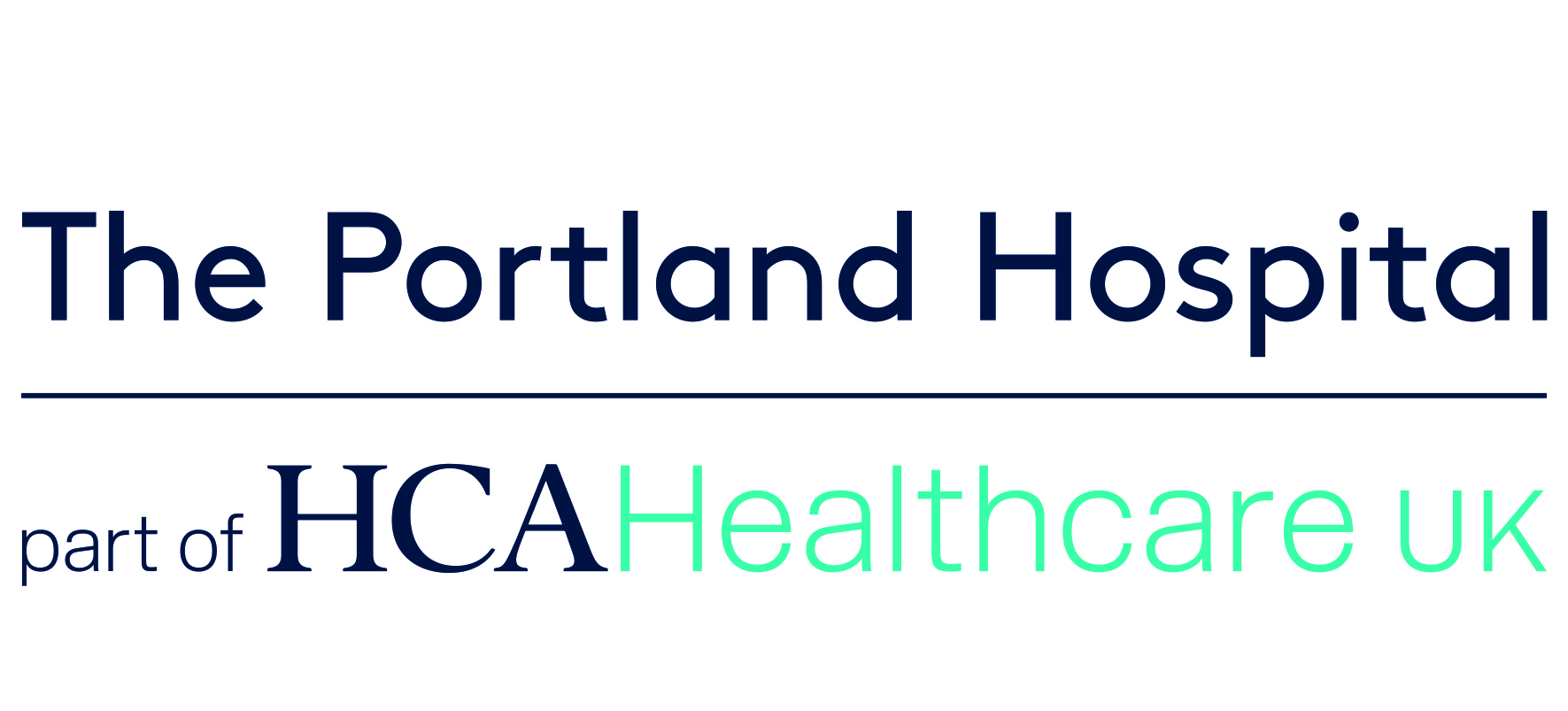
Rhesus Status and Anti-D Injections
As part of your booking bloods, your blood group and Rhesus status will be checked. You will find out whether your blood group is A, B, AB or O. Your Rhesus status will be negative or positive.
If you are Rhesus D negative, you will be recommended to have Anti-D prophylaxis injections to prevent the development of Rhesus disease. This is a condition where antibodies in a pregnant woman’s blood can destroy the baby’s blood cells, causing anaemia and jaundice. The disease happens when a mother has been previous sensitised to Rhesus D positive blood – usually during a previous pregnancy where the baby is Rhesus D positive.
Anti-D prophylaxis will be provided during pregnancy either as one dose (at 28 weeks) or as a two-dose treatment (at 28 and 34 weeks). If you have a ‘sensitising’ event eg. vaginal bleeding during the pregnancy, you may be recommended to have an additional injection. Following the birth of your baby, a sample of the baby’s umbilical cord blood will be tested. This will not hurt the baby. You will receive a further injection if your baby’s blood test confirms they are Rhesus D positive.
There is a small risk of allergic reaction to the injection, for example a rash or flu-like symptoms.
In rare cases, infection from the injection can occur. Risks are low as the contents of the injection are carefully processed.
For a list of useful contact details for The Portland Hospital, please click HERE.
